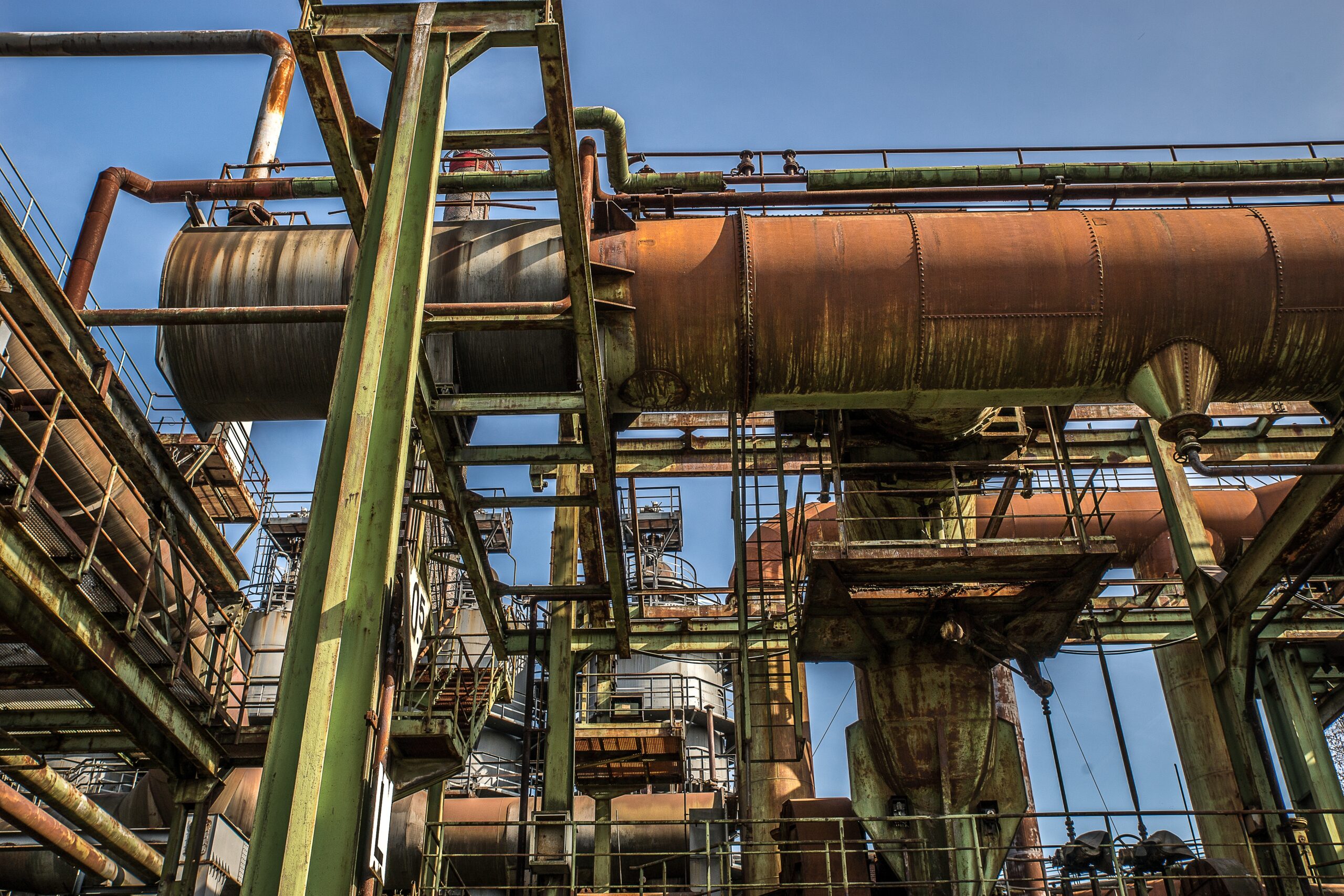The industrial landscape is undergoing a profound transformation, driven by rapid technological advancements that are reshaping how industries operate. From process engineering to green hydrogen, these innovations are not just enhancing efficiency but also redefining the future of industrial practices. Here’s a look at some key technological trends that are revolutionizing the industry.
1. The Rise of Artificial Intelligence and Machine Learning
Artificial Intelligence (AI) and Machine Learning (ML) are revolutionizing industrial operations. These technologies enable predictive maintenance, optimize supply chains, and enhance decision-making processes. AI-powered analytics can identify patterns and anomalies in vast datasets, leading to more informed decisions and proactive measures. For example, AI algorithms can predict equipment failures before they occur, reducing downtime and maintenance costs.
2. Automation and Robotics
Automation and robotics are significantly transforming manufacturing processes. Advanced robotics are now capable of performing complex tasks with precision and efficiency. Automation not only speeds up production but also improves safety by taking over hazardous tasks. Collaborative robots, or cobots, work alongside human operators, enhancing productivity and allowing for more flexible manufacturing environments.
3. The Internet of Things (IoT)
The Internet of Things (IoT) connects devices and systems, allowing for real-time data collection and analysis. In industrial settings, IoT sensors monitor equipment performance, track inventory, and provide insights into operational efficiency. This connectivity enables smarter decision-making and enhances overall operational effectiveness. For instance, IoT-enabled sensors in a refinery can provide real-time data on equipment conditions, optimizing performance and preventing failures.
4. Green Hydrogen and Sustainable Practices
As industries seek to reduce their carbon footprint, green hydrogen has emerged as a promising solution. Produced using renewable energy sources, green hydrogen can replace traditional fossil fuels in various applications, including petroleum refineries and chemical processes. This shift towards sustainable practices aligns with global efforts to combat climate change and promotes a cleaner, more efficient industrial future.
5. Advanced Process Engineering
Process engineering is evolving with the integration of advanced technologies. Innovations such as digital twins and real-time process monitoring are enhancing the design, simulation, and optimization of industrial processes. Digital twins create virtual replicas of physical systems, allowing engineers to test and refine processes before implementation. Real-time monitoring ensures that processes are continuously optimized for maximum efficiency.
6. The Role of Big Data and Analytics
Big data and analytics are transforming how industries understand and leverage information. By analyzing large volumes of data, companies can gain valuable insights into operational performance, market trends, and customer preferences. Data-driven decision-making enables more accurate forecasting, improved resource allocation, and enhanced strategic planning.
7. Blockchain for Supply Chain Transparency
Blockchain technology is making supply chains more transparent and secure. By providing a decentralized and immutable ledger, blockchain ensures that all transactions are recorded and verified. This transparency helps in tracking the origin and journey of products, reducing fraud, and improving trust among stakeholders.
8. Conclusion
Technological advances are reshaping the industrial landscape, offering new opportunities for innovation, efficiency, and sustainability. As these technologies continue to evolve, industries must adapt to stay competitive and meet the growing demands for smarter, more sustainable operations. Embracing these advancements will not only enhance operational performance but also contribute to a more sustainable and resilient industrial future.








